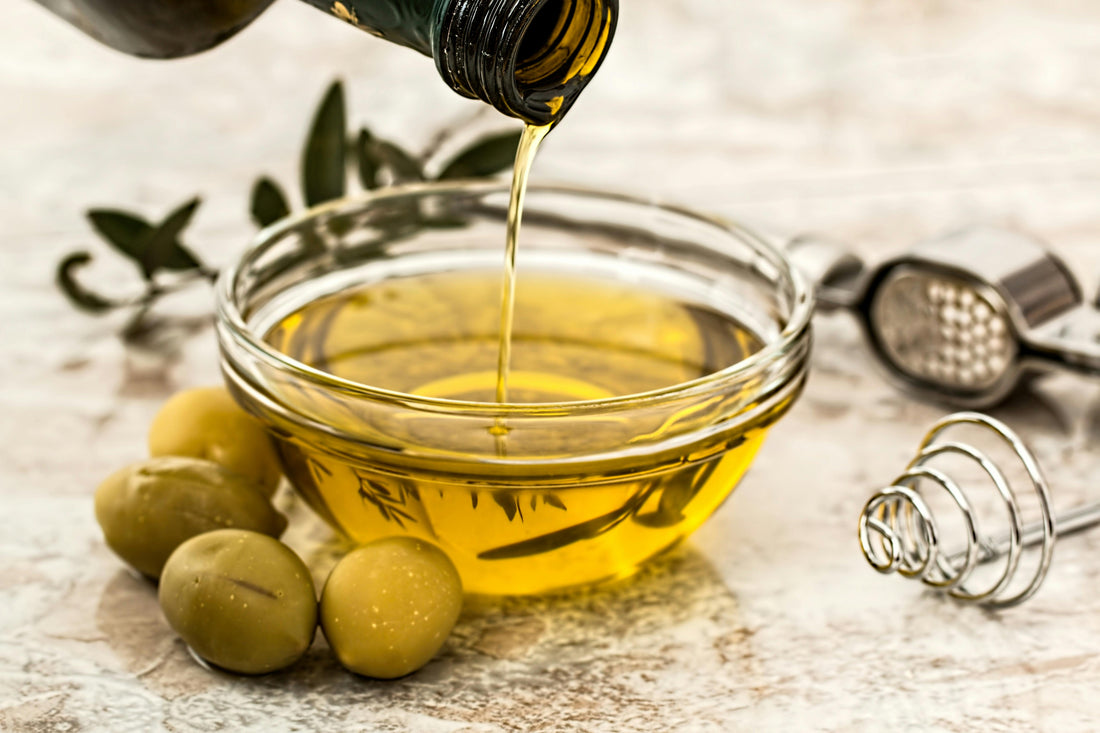
The Role of Olive Oil in Reducing Cardiometabolic Risk
Share
Olive oil, especially extra-virgin olive oil (EVOO), is a key component of the Mediterranean diet, often praised for its heart-protective benefits. But what makes olive oil so special, and how does it help reduce the risk of heart disease and other metabolic problems? Let’s break it down in simple terms.
What Makes Olive Oil Unique?
Unlike many other oils that require chemical processing, EVOO is produced by mechanically pressing olives. This process helps preserve its nutrients and antioxidants. EVOO mainly consists of monounsaturated fats, especially oleic acid, which make up about 70–80% of its content. These fats are considered healthy because they help improve cholesterol balance and protect your heart.
Apart from fats, EVOO contains small amounts of bioactive compounds like polyphenols, tocopherols (a type of vitamin E), and phytosterols. These are natural antioxidants and anti-inflammatory agents that protect your body from damage caused by harmful molecules called free radicals.
Why Extra-Virgin Olive Oil Is Better
There are different types of olive oil, but EVOO is the healthiest because it is less processed and retains more antioxidants and polyphenols. Refined olive oil, on the other hand, goes through chemical treatment, which reduces these beneficial compounds. So if you’re aiming for health benefits, EVOO should be your first choice.
How Olive Oil Protects Your Heart
Olive oil works in several ways to reduce cardiometabolic risk:
1. Improves Cholesterol Profile
EVOO helps increase good cholesterol (HDL) and protects it from damage. It also reduces the oxidation of bad cholesterol (LDL), which is a major factor in the development of clogged arteries.
2. Lowers Blood Pressure
Polyphenols in olive oil can relax blood vessels and improve blood flow. Studies have shown that people who regularly consume EVOO often experience lower blood pressure, reducing the risk of heart attacks and strokes.
3. Controls Blood Sugar
EVOO can improve insulin sensitivity and help keep blood sugar levels in check. This makes it a valuable addition to the diet for people with diabetes or those at risk of developing it.
4. Reduces Inflammation
Chronic inflammation is linked to heart disease, diabetes, and obesity. Olive oil contains compounds like oleocanthal, which act similarly to anti-inflammatory drugs, helping reduce inflammation in the body.
How Much Should You Use?
For most people, replacing unhealthy fats like butter or margarine with 2–3 tablespoons of EVOO per day is a good start. You can drizzle it on salads, use it for cooking at moderate temperatures, or even add it to soups for extra flavor and health benefits.
Tips for Choosing the Right Olive Oil
- Look for “Extra-Virgin” on the label.
- Choose oils packaged in dark glass bottles to protect against light damage.
- Check the harvest or best-before date and pick the freshest option.
The Bottom Line
Including extra-virgin olive oil in your daily diet is a simple and effective way to support heart health, control blood sugar, and fight inflammation. When paired with other healthy foods like vegetables, whole grains, and lean proteins, it forms the foundation of the Mediterranean diet, one of the most researched and heart-friendly eating patterns in the world
